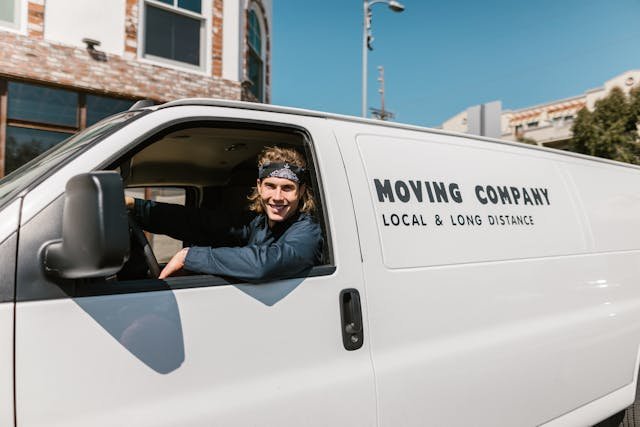Beginning a moving company that offers cross country moving services is a profitable venture. As your business grows, you also need to expand your business. This article will reveal what you should know while scaling your moving company startup.
Contents
1. Assess Your Current Operations
Before expanding, evaluate your current efficiency. Look at customer satisfaction, employee performance, and the whole business workflow. Find out what the bottlenecks and areas for improvement are that ensure a smooth expansion.
2. Geographic Expansion
A method of developing your moving business is geographic expansion. Evaluate the neighboring areas or cities for the need for moving services. Research the area market and competition as well as the possible customer base. Come up with a strategic plan for going into new areas, looking at logistics, marketing, and resource allocation. This also can assist with the services your business may offer, such as long distance or cross country moving services.
3. Diversify Your Services
To draw a wider clientele, think of adding mixed services. This could include providing piano transportation, junk removal, or in-home moving. Evaluate the demand for more services within your target market and provide the services accordingly.
4. Invest in Marketing and Branding
Good marketing has got adversity for expansion. Incorporate both online and offline marketing strategies to achieve better brand visibility. Use digital platforms, local advertising, and social media to reach potential customers. Maintain consistency in your branding across channels.
5. Upgrade Your Fleet and Equipment
To grow your business, you may need to replace your fleet and equipment to cope with higher demand. Inspect your current fleet and buy new trucks if it is required. Confirm your equipment, for instance, moving blankets and straps, to be enough for the increased scale of operations.
6. Employee Training and Recruitment
Food for thought with business growth is support staff. Train your existing staff to sharpen their skills and hence become more efficient. Simultaneously, hire additional team members to cover the extra workload. Hiring experienced professionals guarantees a high quality of service.
7. Secure Proper Insurance Coverage
Growing your moving company involves many risks, making it necessary to have insurance coverage. Review and, where the need arises, amend your policies, beginning with self-insurance proof of responsibility, cargo insurance, workers’ insurance, etc. This guarantees to prevent probable losses, wounds, or other unexpected obstacles.
8. Auto Liability Insurance
Moving companies should have auto liability insurance that covers any damages caused by their vehicles while moving. This kind of insurance is similar to that being offered to private auto, which would mean that as back at the property or any other vehicle and as an accident occurs, then one is assured that the moving company has insurance to cover someone in the event of any losses. In such a case, this cover contributes to preserving the financial safety of both the company and the client.
9. Cargo Coverage
Cargo insurance is essential for protecting client’s things that are in transit between the locations. This insurance protects the furniture, home appliances, and other specialty items from damage and loss. Homeowners’ policies generally offer some coverage, but coverage might be limited. Cargo insurance guarantees that clients get fair reimbursement for the worth of their property, helping them keep calm during relocation. It’s a crucial part of a reliable moving company’s insurance policy; it’s evidence of their readiness to provide protection to their client’s belongings.



